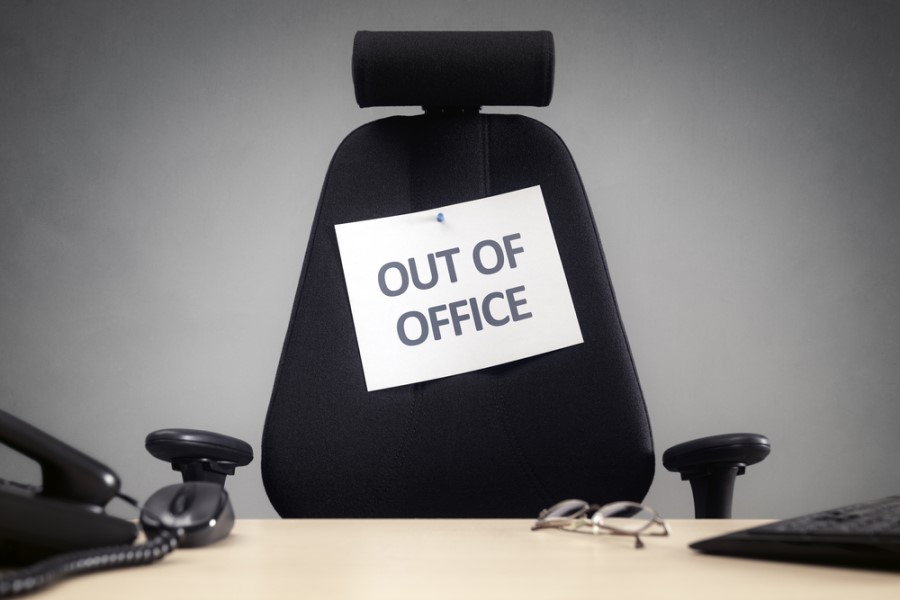How to bridge the gap between statutory sick pay and average household spend

On top of this, 50 per cent of the UK’s workforce have no sick pay provision beyond the statutory minimum.
The financial risk
Statutory sick pay (SSP) is currently £92.05 per week. With the Office for National Statistics’ Family Spending in the UK (2018) data putting average household spend at £554.20 per week, it’s clear these figures don’t match up.
What’s more, our research shows that 37 per cent of UK employees have no financial safety net and wouldn’t be able to pay their bills if they were signed off sick.
This leaves an outstanding number of employees across the UK at risk of a financial crisis in the event of ill-health.
The issue of presenteeism
We all know that absenteeism negatively affects workplace productivity, but employers also need to consider presenteeism – where employees are at work but shouldn’t be.
Financial stress can have a massive impact on employees’ mental wellbeing, with many coming to work still ill, tired, distracted and worried. Not only can this be costly to your business’ productivity, but it can also be dangerous.
For employers concerned about the financial wellbeing of their staff, and the impact this has on their business, these statistics are shocking. But there is a way for employers to tackle this.
Offering access to sick pay insurance provides employees with a financial safety net in case of long-term illness or injury. It also provides employers with peace of mind that their employees can meet monthly bill payments if signed off sick for an extended period.
Bridging the sick pay gap
Brian Hall, chief commercial officer at BHSF, explains further: “Employers can do more to help employees become financially resilient by organising sick pay insurance schemes, which can provide a safety net at low cost to the employee, and no cost to the employer.
“At present, our research suggests that only a small proportion of employees benefit from an employer-organised scheme.”
Sick pay insurance works by bridging the gap between SSP and the average household spend. Usually policies are taken out by the employer and employees opt-in to the scheme. The monthly premium is paid by the employee via payroll deduction, meaning there is no cost to the employer.
For further information, please download BHSF’s full report.
This article was provided by BHSF.
Supplied by REBA Associate Member, BHSF
BHSF is a market-leading health and wellbeing provider.







